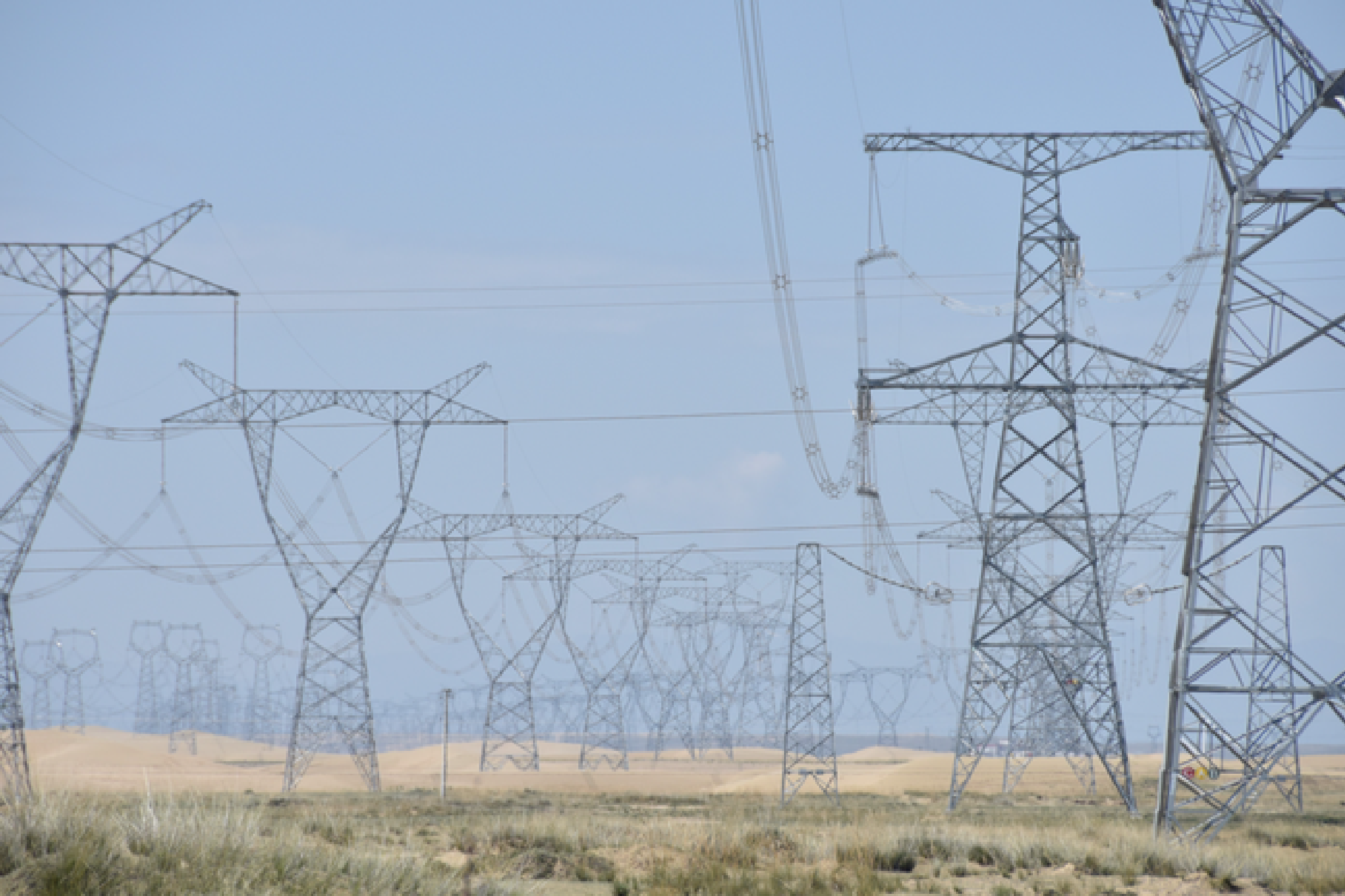Unprecedented large power rationing in the mainland, many companies across the country were forced to suspend production
Unprecedented large power rationing in the mainland, many companies across the country were forced to suspend production
Written by: United Daily News reporter Lin Zehon

According to the Daily Economic News report, many places in mainland China have recently issued policy documents on “dual energy consumption control” (referring to simultaneous control of total energy consumption and intensity), and various industries with high energy consumption and high pollution have been forced to suspend operations. A large number of listed companies have announced that they have been forced to suspend production due to power cuts in Jiangsu, Yunnan, Zhejiang and other places.
Chenhua announced on the evening of the 22nd that due to the tight power supply in Jiangsu, the company’s wholly-owned subsidiary Huai’an Chenhua New Materials Co., Ltd. was forced to temporarily suspend all production lines. The production equipment involved is: polyether production equipment (35,900 tons per year) ), amino-terminated polyether (polyetheramine) production equipment (23,000 tons per year), flame retardant production equipment (20,000 tons per year), alkyl glycoside production equipment (20,000 tons per year).
In addition, a number of companies, including the listed company “Xidamen” in Zhejiang and the listed company “Tianyuan Co., Ltd.” in Yunnan, also announced on the 22nd that they were forced to temporarily suspend production due to tight power supply. The Daily Economic News pointed out that in fact, before the Mid-Autumn Festival, many listed companies had already announced work stoppages due to power cuts.
Shanghai CBN pointed out that since the beginning of this year, the mainland’s assessment of “dual energy consumption control” has been relatively strict, and the assessment results will be used as the basis for the assessment of the work of local officials.
The National Development and Reform Commission of the mainland recently announced that in the first half of this year, nine provinces (regions) including Qinghai, Ningxia, Guangxi, Guangdong, Fujian, Xinjiang, Yunnan, Shaanxi, and Jiangsu increased their energy consumption intensity instead of falling, and were classified as the first red level. Early warning: In terms of total energy consumption control, the eight provinces (regions) of Qinghai, Ningxia, Guangxi, Guangdong, Fujian, Yunnan, Jiangsu, and Hubei are also listed as red first-level warnings.
China Business News pointed out that the governments of the above-mentioned regions have recently increased the supervision and inspection of “dual energy consumption control”. For example, Jiangsu has promoted steel companies in the province to suspend production and limit production.
Caixin.com reported that a steel mill in Lianyungang, Jiangsu stated that the company will completely stop production from September 11 to September 30, and all blast furnaces and overall processes have been shut down. The person in charge of this steel mill said, “I have been in the steel industry for 20 years and have never restricted production for nearly a month. In the past, only during the peak period of hot weather, production was restricted for a few hours or half a day.”
The person in charge said that it is difficult to count the losses caused by the suspension of production. In addition to the reduction in output, there are costs such as employee wages and restarting the blast furnace, and that production may continue to be suspended in October.
Caixin.com pointed out that in addition to steel companies, Jiangsu’s chemical, cement, metallurgical and other related companies are also affected by production restrictions. Although Zhejiang is not on the aforementioned red first-level warning list, it has also recently been reported that a large number of high-energy-consuming enterprises such as textile printing and dyeing and chemical fiber have been urgently required to suspend production until the end of this month, and the production restrictions of Zhejiang iron and steel enterprises have also become significantly stricter.






